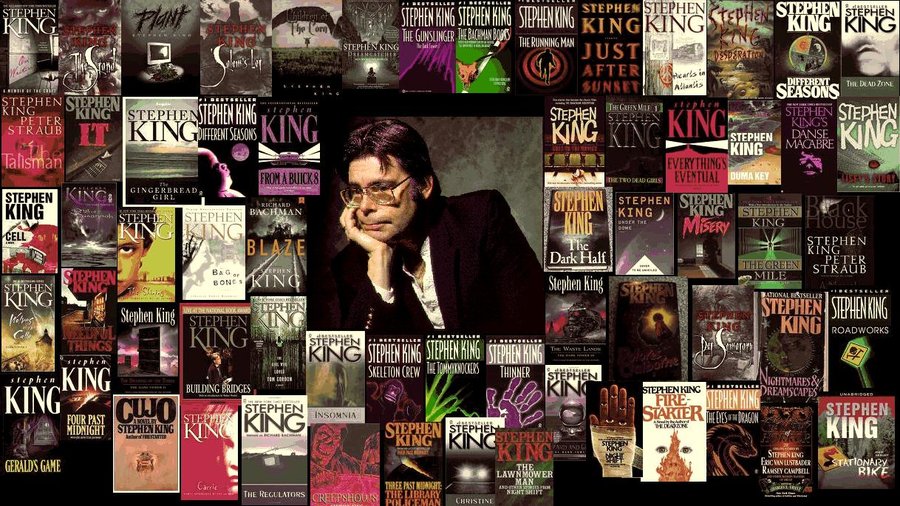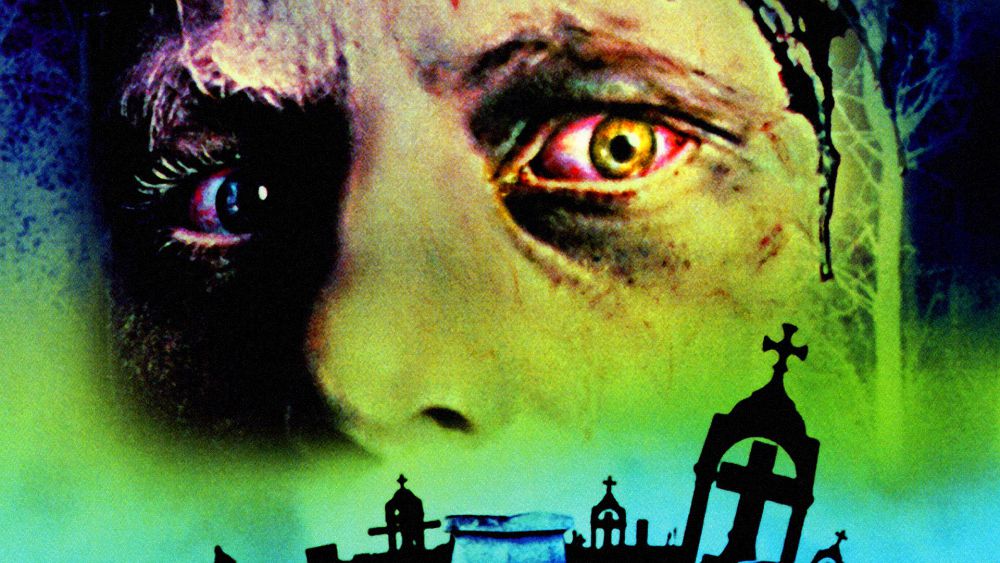There is no author more synonymous with horror than the great Stephen King. He is in fact, the most successful American writer in history. He’s been writing for over 40 years and tends to publish at least one or two books per year. It’s resulted in him becoming incredibly prolific and boasting a bibliography many times longer than his contemporaries. And yet, despite all this, his film adaptations haven’t always gone over so well. He has a myriad of lackluster TV movies/miniseries, all based upon books of his. With his novels held in such high acclaim, why does this disparity exist?
Different Forms of Media
King has seen immense success in the literary world and to his credit, he’s a gifted and brilliant author. Books are meant to be longer, drawn out experiences. They’re meant to capture a reader’s imagination, instill them with a sense of what the characters are thinking and feeling, as well as give them a vast, detailed understanding of the story. And King’s long winded, extensively detailed style lends itself very much to this, which is why so many of his books are best sellers.

Film and Television, on the other hand, are wholly different. Things need to be more concise, shorter paced, and keep the audience interested for the entire runtime. And it’s because of this that filmmakers have often had trouble adapting some of King’s work onto the big and small screens. Many of the adaptations of his work seem to drag on to the point of boredom because they’re trying to fit too much of the source material. Then of course, if they don’t, fans of the books will complain that it wasn’t accurate enough. King himself despised many of the film adaptations based on his work, particularly The Shining. Horror fans adore the film because of its unique style and tone, while King always felt that it didn’t capture the spirit of his novel.

Adapted From King vs. Adapted By King
However, when looking at the myriad of King adaptations, there’s clear distinction in quality when they’re sorted by ones King himself worked on, and ones he had nothing to do with. When others take his work and make films and TV, we get gems like Carrie, The Shining (1980), The Shawshank Redemption, Misery, 1408, Secret Window, and It (2017). What made all these work was that the writers/directors took King’s ideas and formatted them to fit a more cinematic style. They were of course trying to be respectful to the material (except for Kubrick), but they never sacrificed quality for the sake of trying to placate the novel itself.
Once again, Stephen King is a very talented novelist, that’s not under scrutiny. But he’s not the best screenwriter, and certainly not the best director (which he admits himself after Maximum Overdrive). And it’s truly no fault of his own, it’s just not his strong area. It’s especially evident in the many TV movies/miniseries he wrote such as The Shining (1997), The Stand, Rose Red, and Kingdom Hospital. For many of these, all King did was write in the same style his normally does, but he failed to realize this wouldn’t work for Television. After two to three hours of building tension and suspense, the viewers get bored when nothing is happening. The problem is that each one of these listed is well over four hours long but could have been done in a fraction of that time. There was absolutely no need to include ever single scene from the book almost word for word, but as a novelist, it was difficult for King to trim it down, lest he butcher his own masterpiece.

The Double Edged Sword
All of this creates an interesting dilemma. Filmmakers can take King’s ideas, but reduce the plot and character development significantly to make it fit into the pacing of a film or TV show. Or they can try to include just about everything and risk the casual viewer finding it tedious. It seems that no matter which they decide, someone will be disappointed. So is it possible that his work simply isn’t meant for the visual medium? Is it possible that he chose to write books for a reason and that’s the best way to absorb his material?
To be fair, King is aware of these issues, which are even present in his older books, and some of his more recent ones are lot more concise. But books and film will still always be two completely different formats and clearly the best way to enjoy King is by reading rather than watching. As he himself remarked at a Q&A once, “People always come up to me and say, ‘I love your movies!’ And I always tell them, ‘I also write books.’” So maybe the reason he’s difficult to adapt is simply because it’s not the way his writing was intended to be received.





